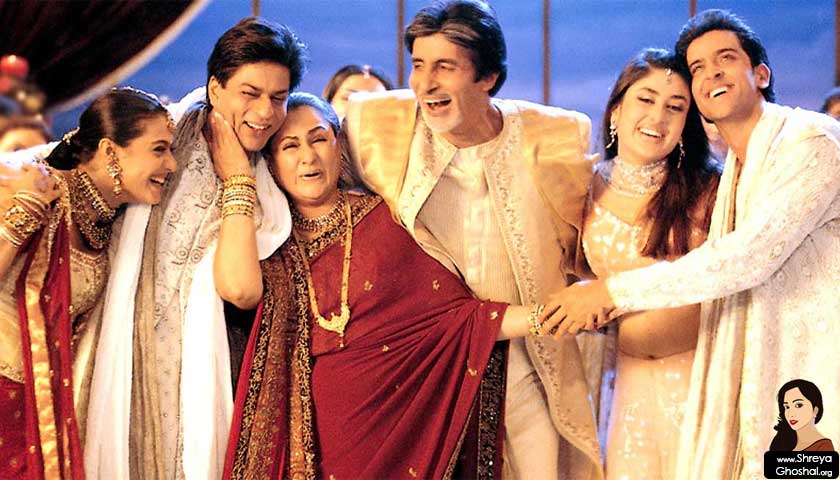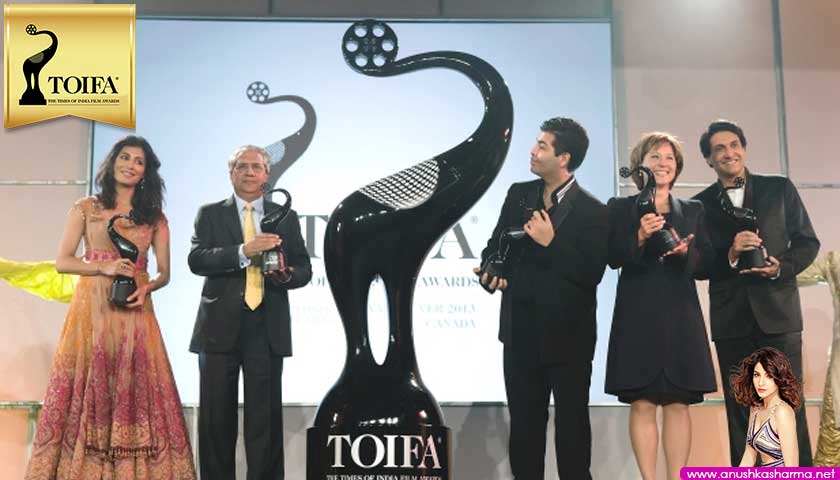Deepika Padukone: Rajinikanth is very humble and passionate
Mumbai: Actress Deepika Padukone considers herself lucky for getting a chance to work with superstar Rajinikanth in ‘Kochadaiyaan’. She says she hasn’t seen a more humble and passionate person than him.
“I’ve finished shooting with Rajnikanth. Different people praise him in different ways. But I feel one will truly realise what he is only if you meet him. He is extremely humble and passionate about his work. I’ve never seen a person as passionate as him about work,” Deepika told IANS.
“I definitely consider myself lucky to get an opportunity to work with him,” she added.
‘Kochadaiyaan’, a Tamil period film, is currently in its post production. It is directed by Rajinikanth’s daughter Soundarya.
As of now Deepika says she has no new southern project on mind at least for the next six months, but she believes “actresses have enough scope to prove themselves down south”.
The actress says her journey in showbiz has been great so far.
“Sometimes I feel it was like a dream come true but I have really worked hard to be where I am today. I am happy with the kind of films that are lined up for me,” said the 26-year-old, who made her Bollywood debut with ‘Om Shanti Om’ in 2007.
Tamil cinema
Tamil cinema is the Indian filmmaking industry of Tamil-language motion pictures. It is based in Chennai, Tamil Nadu, India, in the Kodambakkam neighbourhood, leading to the industry’s nickname Kollywood, the word being a portmanteau of Kodambakkam and Hollywood.
The first Tamil silent film, Keechaka Vadham, was made by R. Nataraja Mudaliar in 1918. The first talking motion picture, Kalidas, was a multilingual film directed by H M Reddy and was released on 31 October 1931, less than seven months after India’s first talking motion picture Alam Ara. By the end of the 1930s, the legislature of the State of Madras passed the Entertainment Tax Act of 1939.
Tamil cinema later had a profound effect on other filmmaking industries of India, establishing Madras (now Chennai) as a secondary hub for Hindi cinema, other South Indian film industries, as well as Sri Lankan cinema. Over the last quarter of the 20th century, Tamil films from India established a global presence through distribution to an increasing number of overseas theatres in Singapore, Sri Lanka, Malaysia, Japan, the Middle East, parts of Africa, Oceania, Europe, North America and other countries. The industry also inspired independent filmmaking in Sri Lanka and Tamil diaspora populations in Malaysia, Singapore, and the Western Hemisphere.
Baahubali: The Beginning
Baahubali: The Beginning is a 2015 Indian epic action film directed by S.S Rajamouli and produced by Shobu Yarlagadda and Prasad Devineni, and shot simultaneously in Telugu and Tamil. The film stars Prabhas, Rana Daggubati, Anushka Shetty, and Tamannaah with Ramya Krishna, Sathyaraj, and Nassar in supporting roles. The first of two cinematic parts, the film follows Shivudu / Shiva, an adventurous young man who helps his love Avanthika rescue Devasena, the former queen of Mahishmati who is now a prisoner under the tyrannical rule of king Bhallaladeva. The story concludes in Baahubali 2: The Conclusion.
Baahubali 2: The Conclusion
Baahubali 2: The Conclusion is a 2017 Indian epic action film directed by S. S. Rajamouli and written by his father K. V. Vijayendra Prasad. It was produced by Shobu Yarlagadda and Prasad Devineni under the banner Arka Media Works. Released on 28 April 2017, the film stars Prabhas, Rana Daggubati, Anushka Shetty and Tamannaah while Ramya Krishna, Sathyaraj, Nassar, and Subbaraju appear in prominent roles. The second cinematic part in the Baahubali franchise, it is the follow-up to Baahubali: The Beginning, serving as both a sequel and a prequel. The film is set in medieval India and follows the sibling rivalry between Amarendra Baahubali and Bhallaladeva; the latter conspires against the former and has him killed by Kattappa. Years later, Amarendra’s son returns to avenge his death. The Conclusion was made simultaneously in Telugu and Tamil and later dubbed into Hindi, Malayalam, Odia, Japanese, Russian and Chinese.
IANS – ibnlive.in.com – Dec 25 2012




